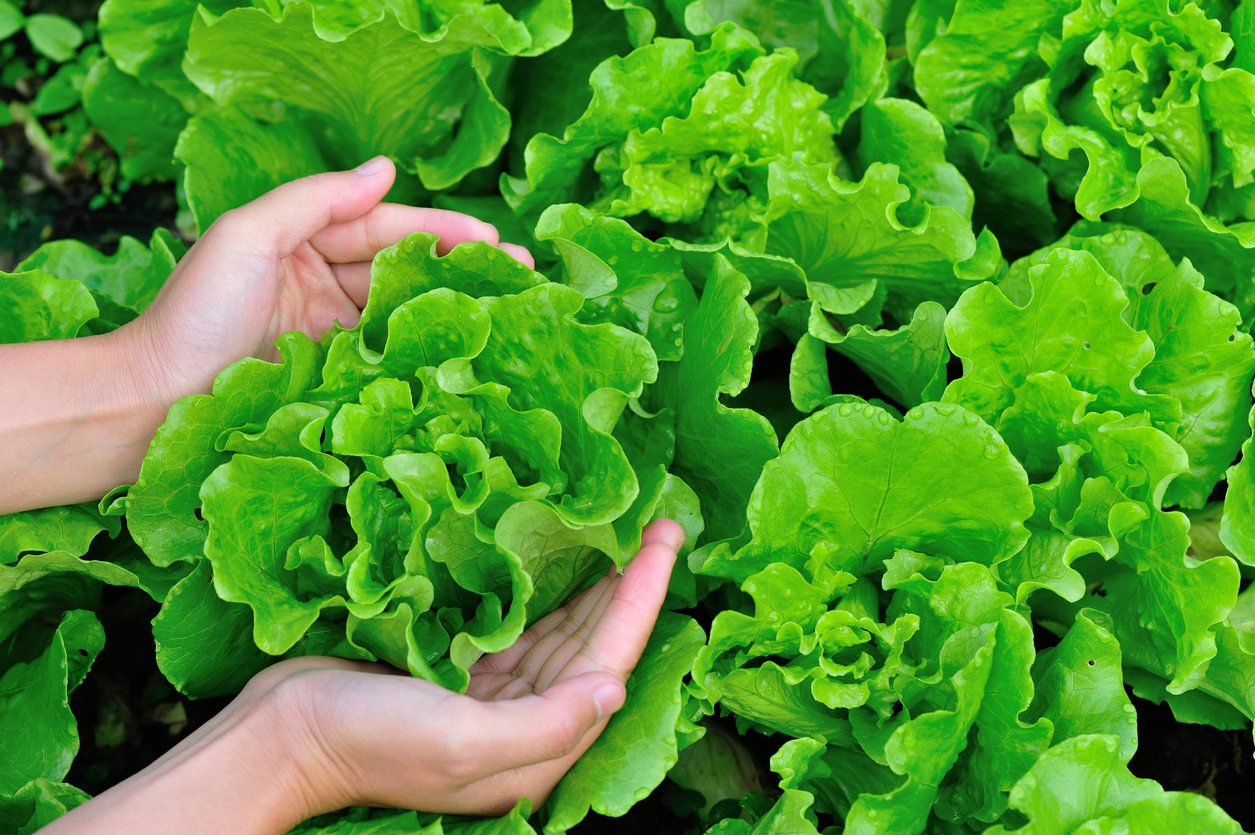
UC Davis Team Develops GM Lettuce to Protect Astronauts' Bones in Long Spaceflights
March 23, 2022| |
Researchers at the University of California, Davis (UC Davis) have developed a genetically modified (GM) lettuce that produces a drug which protects against bone density loss in microgravity. This breakthrough can help astronauts grow and eat nutritious plants than help them prevent diseases caused by long spaceflights.
The human bones constantly undergo a balance of growth and resorption to respond to injury and exercise. This balance is disturbed under microgravity, leaning towards more resorption. Thus, astronauts lose bone mass. The cure for such is regular injections of parathyroid hormone (PTH).
UC Davis graduate student, Kevin Yates, together with his professors, developed a GM lettuce that produces a fusion protein combining PTH with part of a human antibody protein. The fusion protein is engineered to be unchanging in the bloodstream. Being able to plant and extract the drug will be beneficial to astronauts in long spaceflights to save weight and get a fresh source of drugs. Conventional medicines usually have a short shelf life and thus astronauts would need ways to replenish their supplies during long spaceflights.
The research team is analyzing the amount of drugs that GM lettuce can produce, which leaves have the most amount of PTH, and the optimal time to harvest the leaves.
Read more from UC Davis.
| |
You might also like:
- Study Shows CRISPR Works Well in Outer Space
- GE Cotton Goes to the International Space Station
- Scientists Identify Biotech Techniques to Improve Space Agriculture
Biotech Updates is a weekly newsletter of ISAAA, a not-for-profit organization. It is distributed for free to over 22,000 subscribers worldwide to inform them about the key developments in biosciences, especially in biotechnology. Your support will help us in our mission to feed the world with knowledge. You can help by donating as little as $10.
-
See more articles:
-
News from Around the World
- Study Finds Scientific Evidence, Benefits Can Dispel Public’s Doubt Towards GMOs
- Bioenergy Scientists Discover Genetic Pathway for Easier and Less Costly Biofuels Processing
- UC Davis Team Develops GM Lettuce to Protect Astronauts' Bones in Long Spaceflights
- Australia's OGTR Invites Comments on Field Trial of GM Canola and Indian Mustard
- Speed Breeding to Help Preserve Australia’s Mango and Macadamia Industries
-
Research Highlights
- Transgenic Sugarcane Field Trials in Indonesia Exhibit Promising Results
- RNAi-based GM Potato Plants Exhibit Resistance to Potato Virus Y
- Research Shows Nutritional Impact of Regenerative Farming
-
Read the latest: - Biotech Updates (February 18, 2026)
- Gene Editing Supplement (January 28, 2026)
- Gene Drive Supplement (February 22, 2023)
-
Subscribe to BU: - Share
- Tweet

